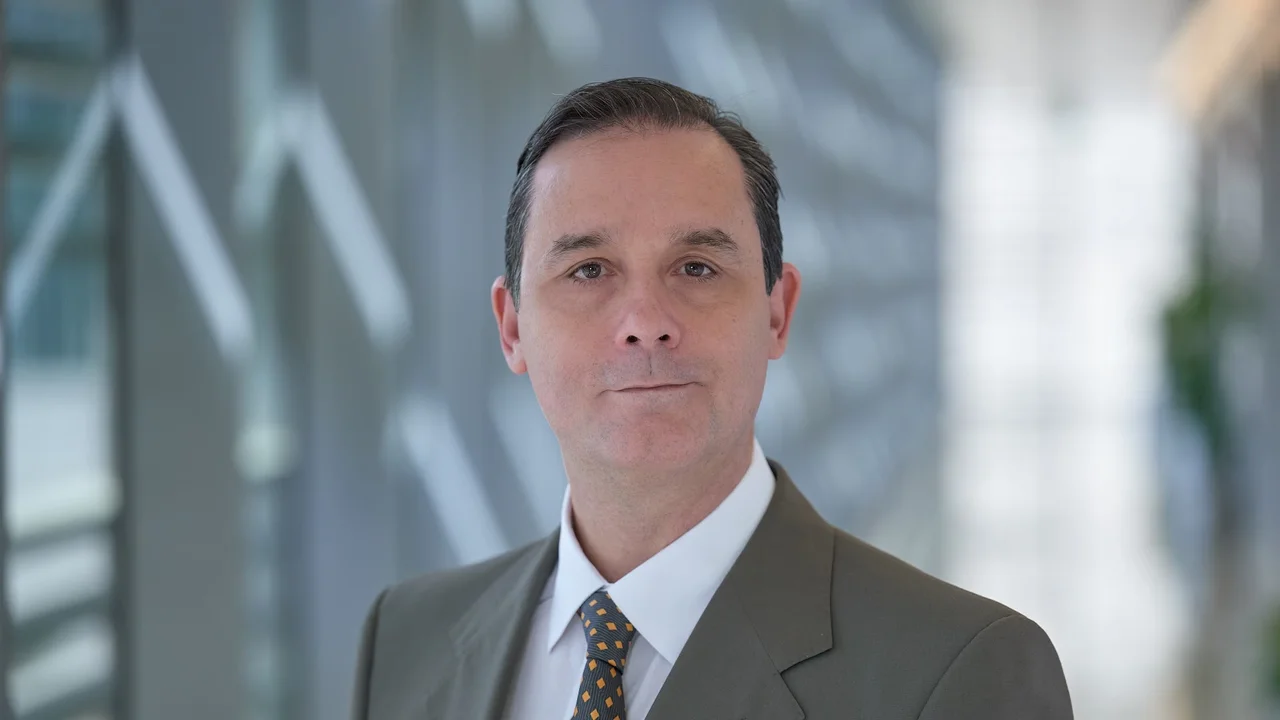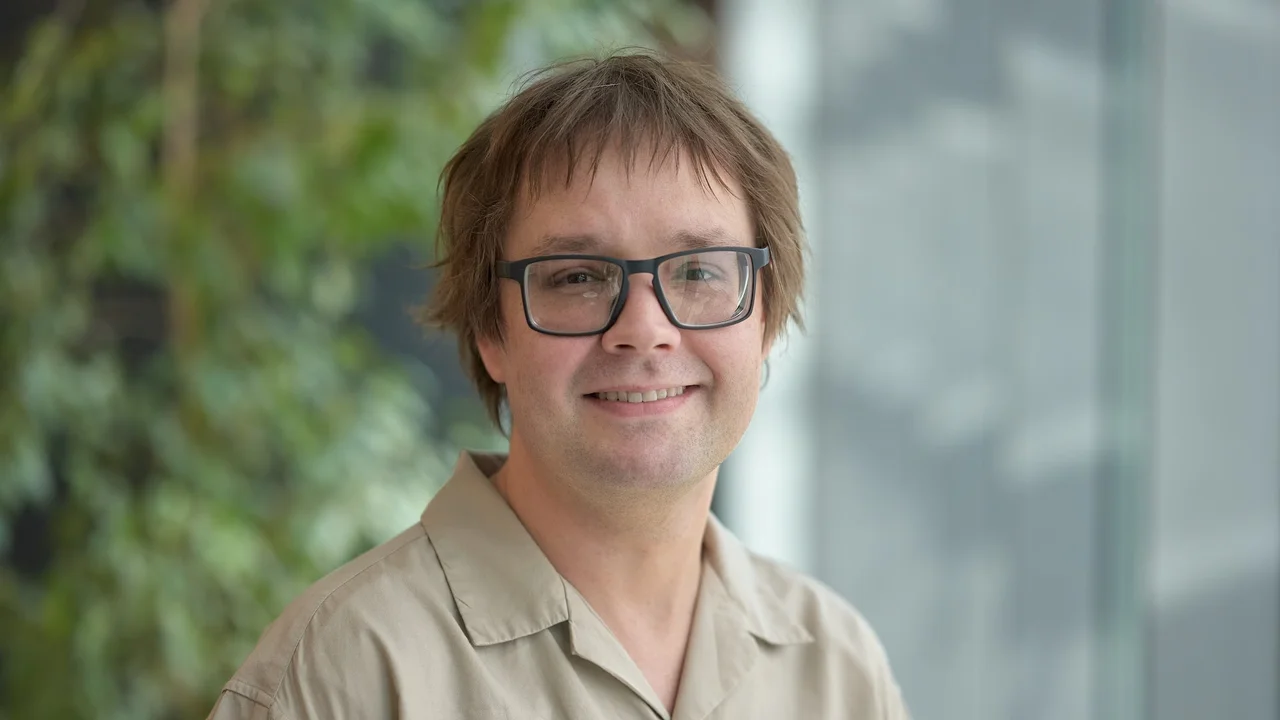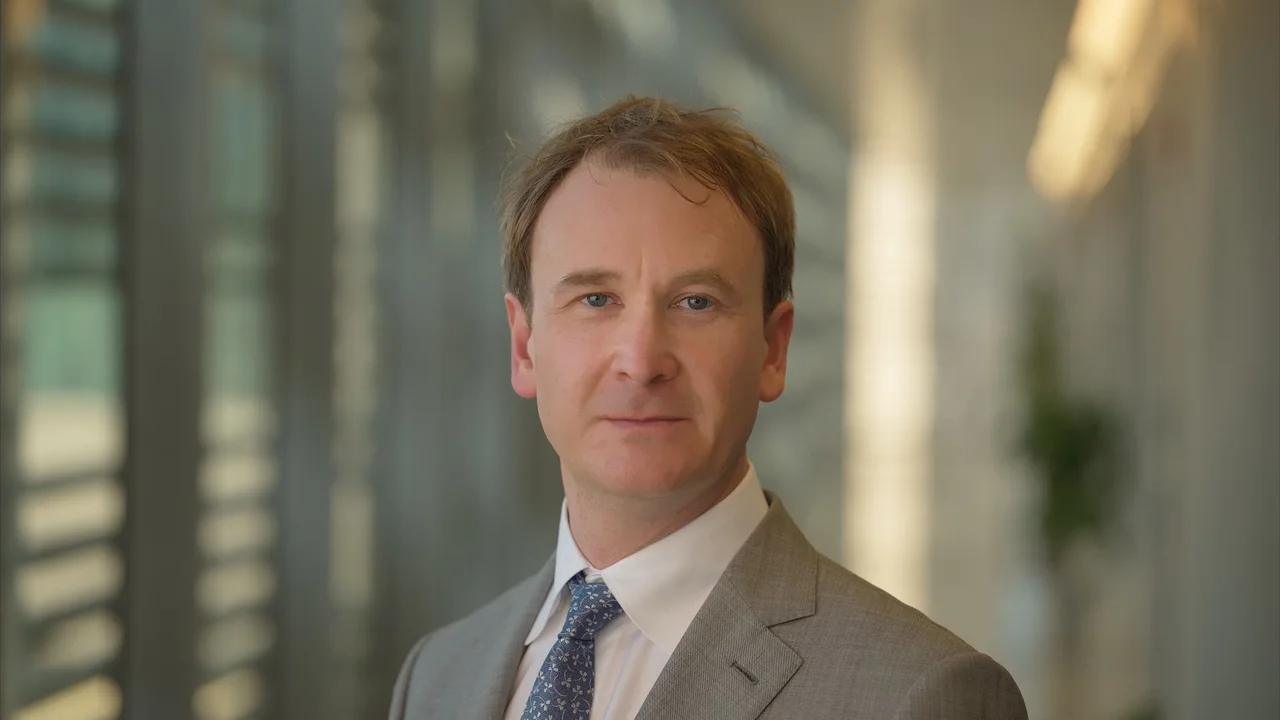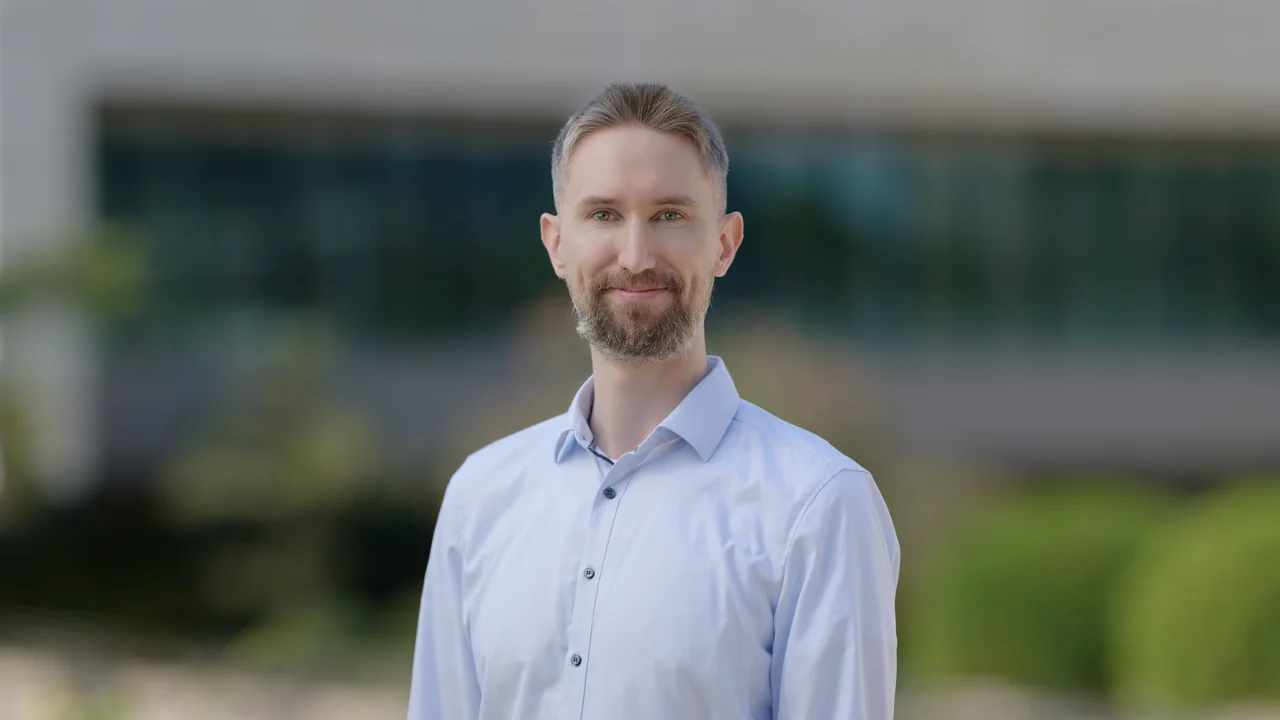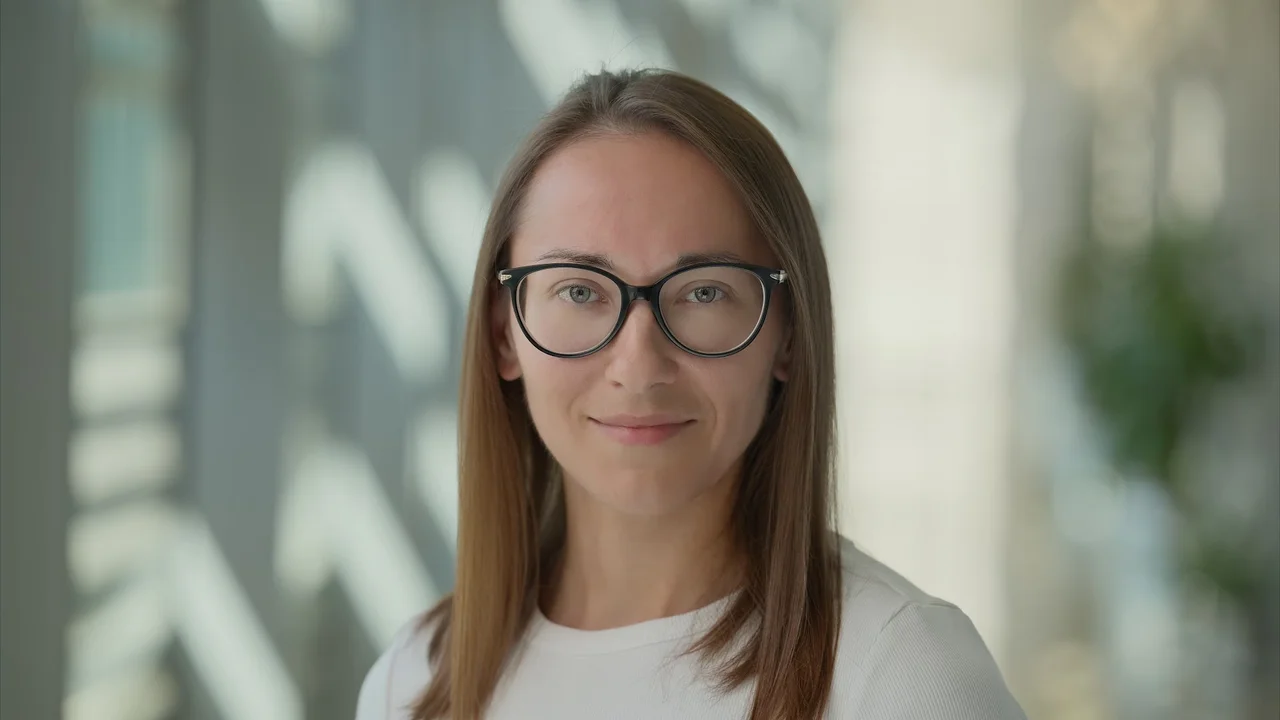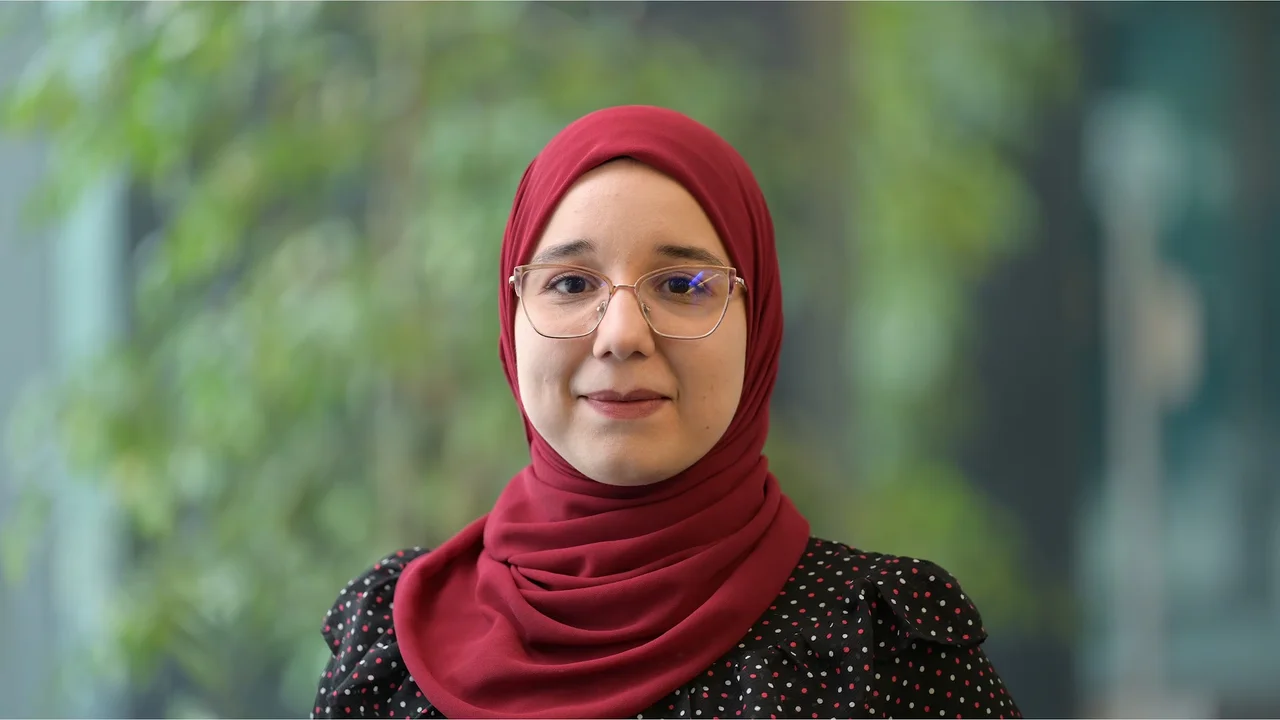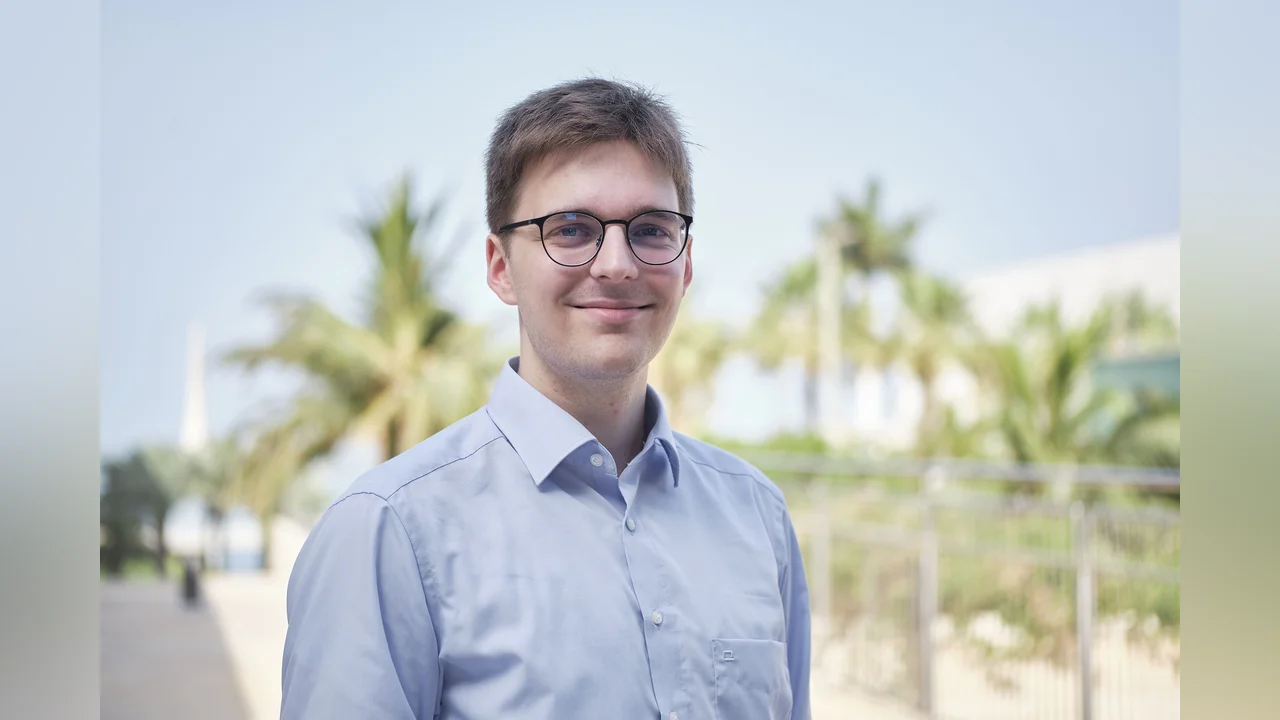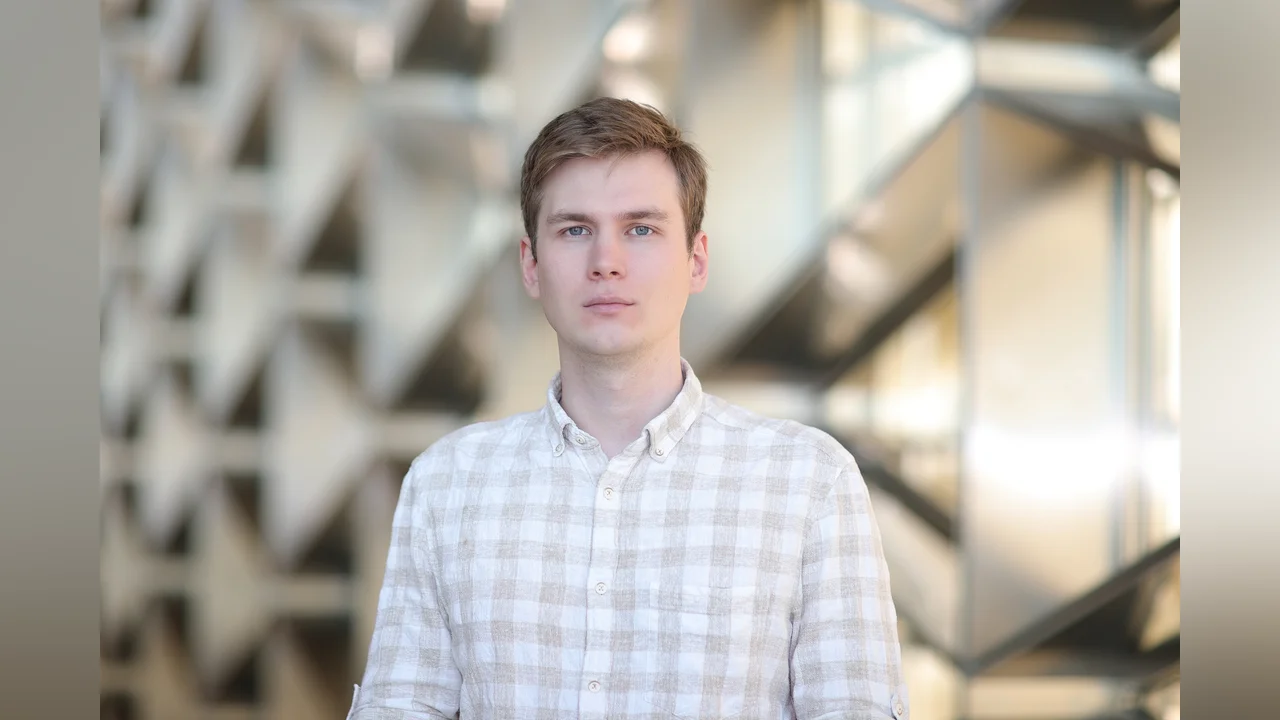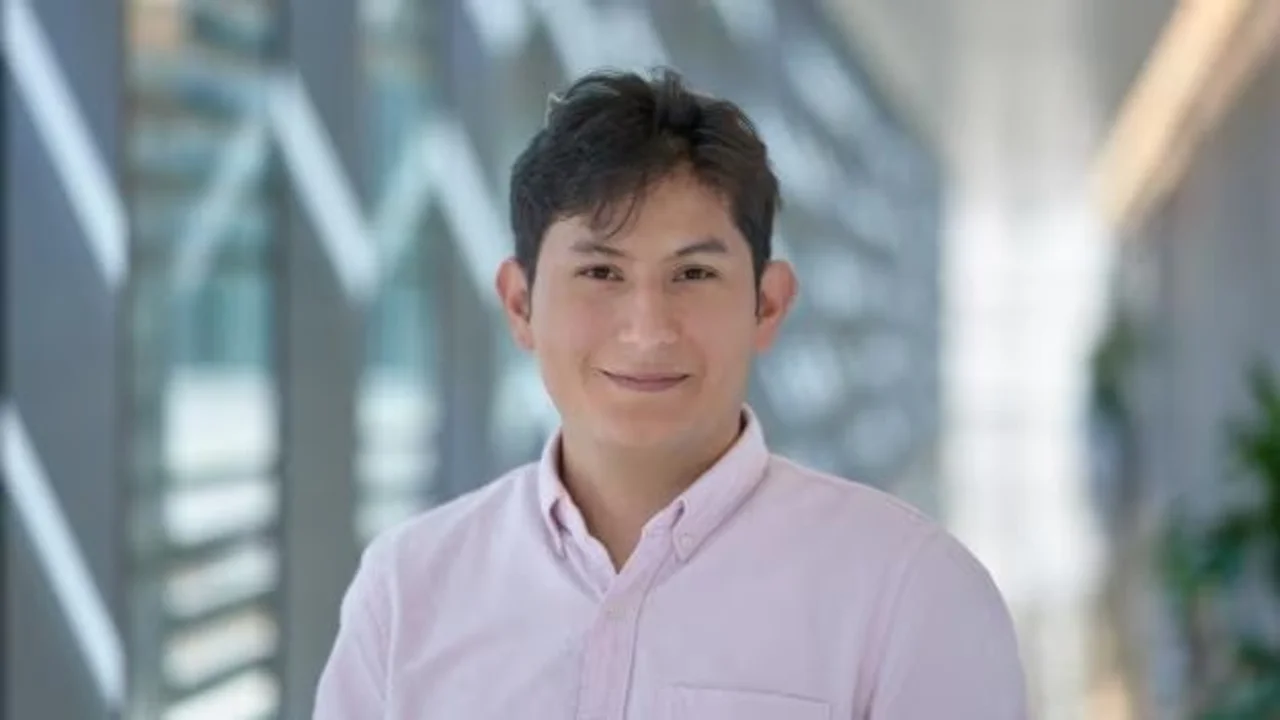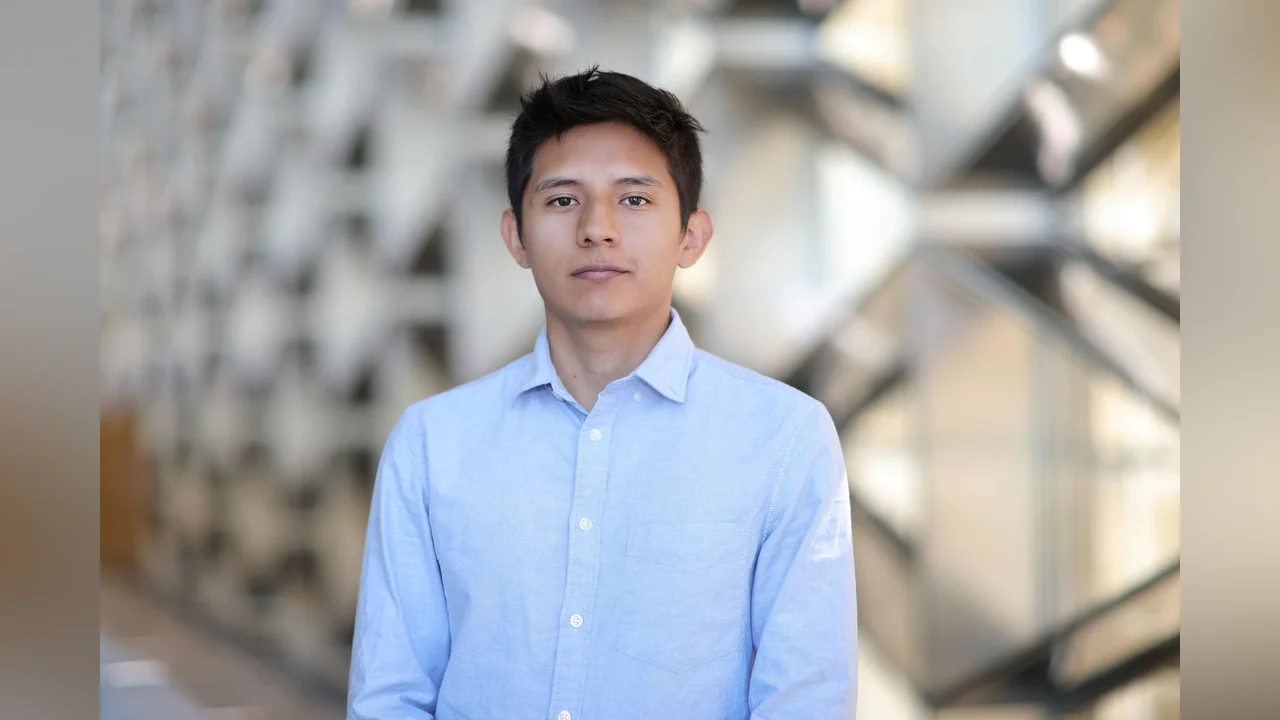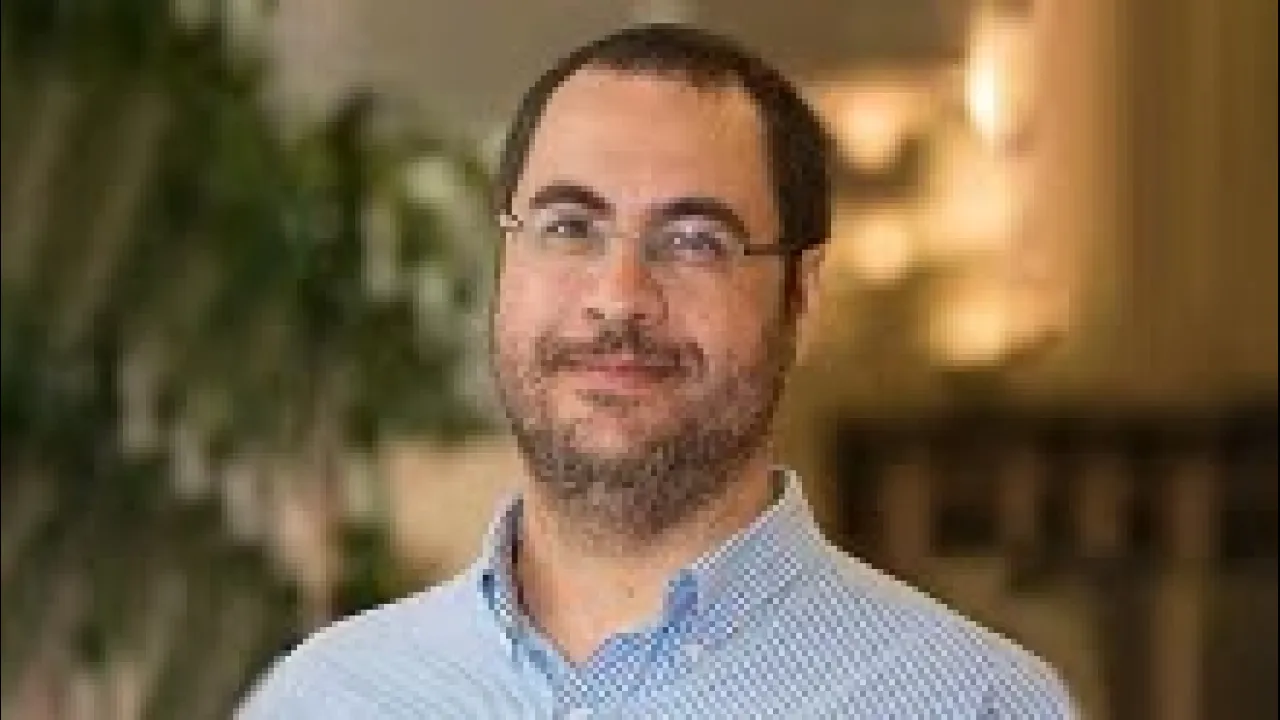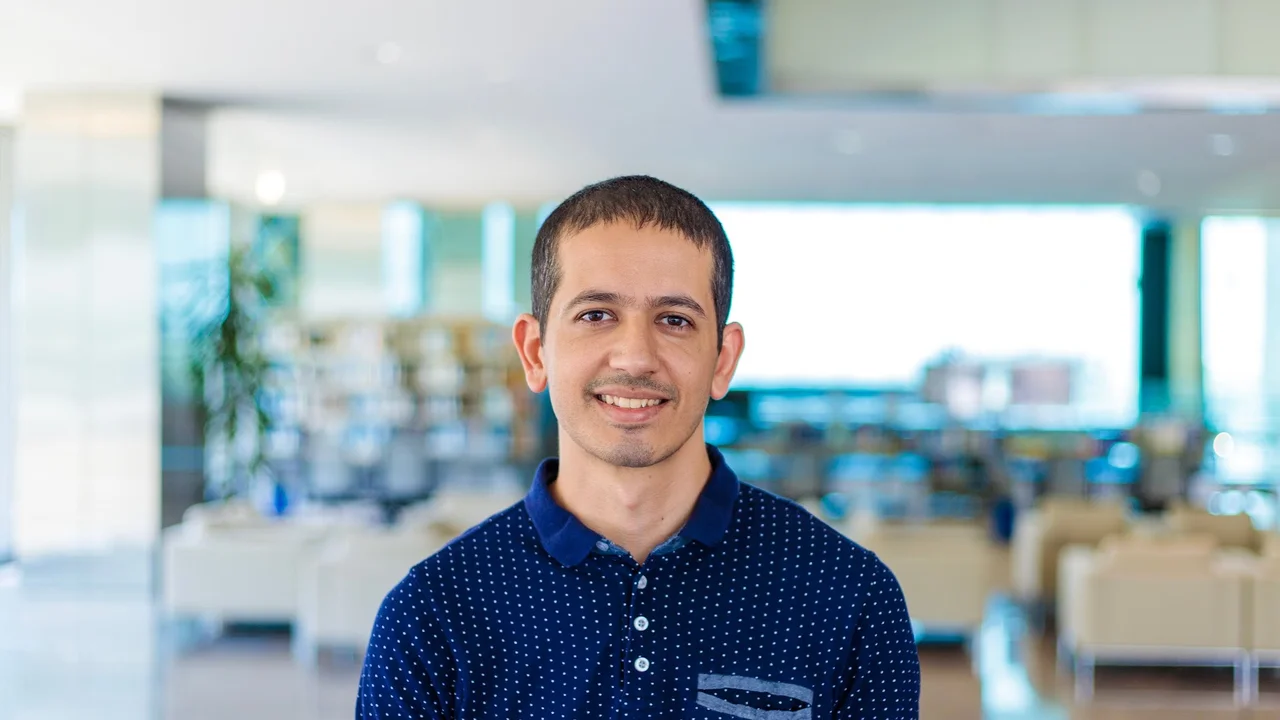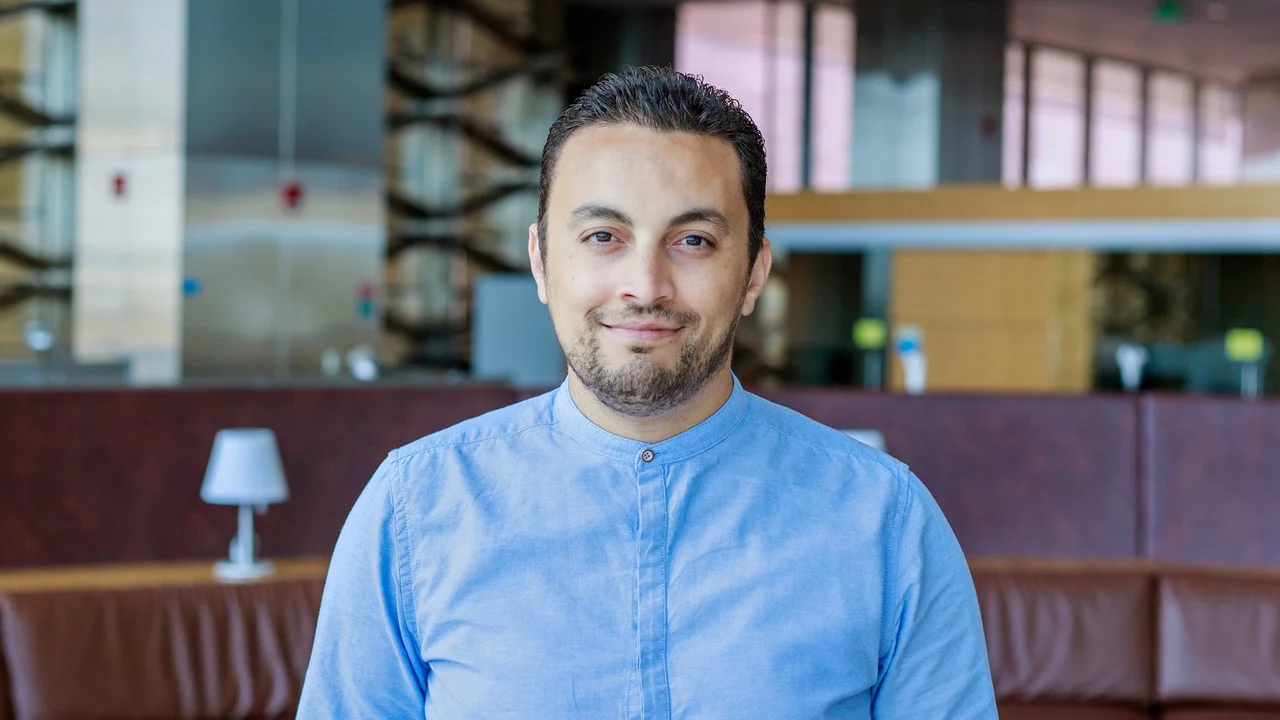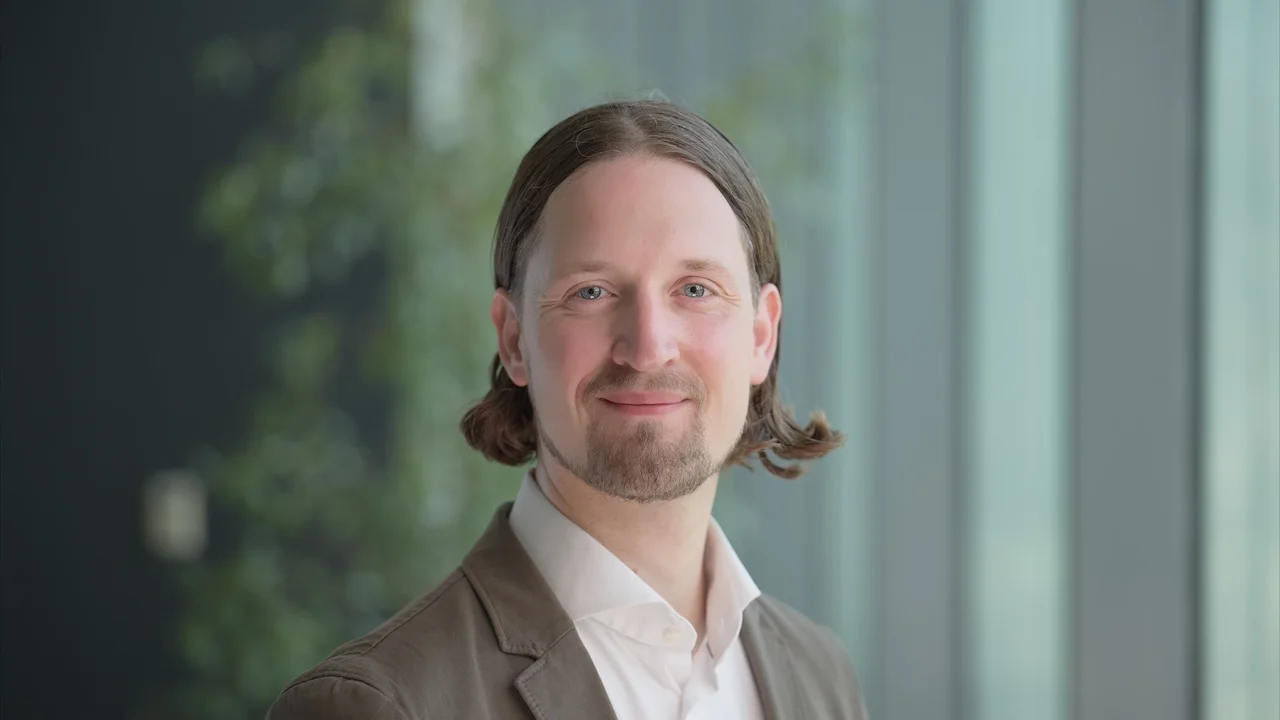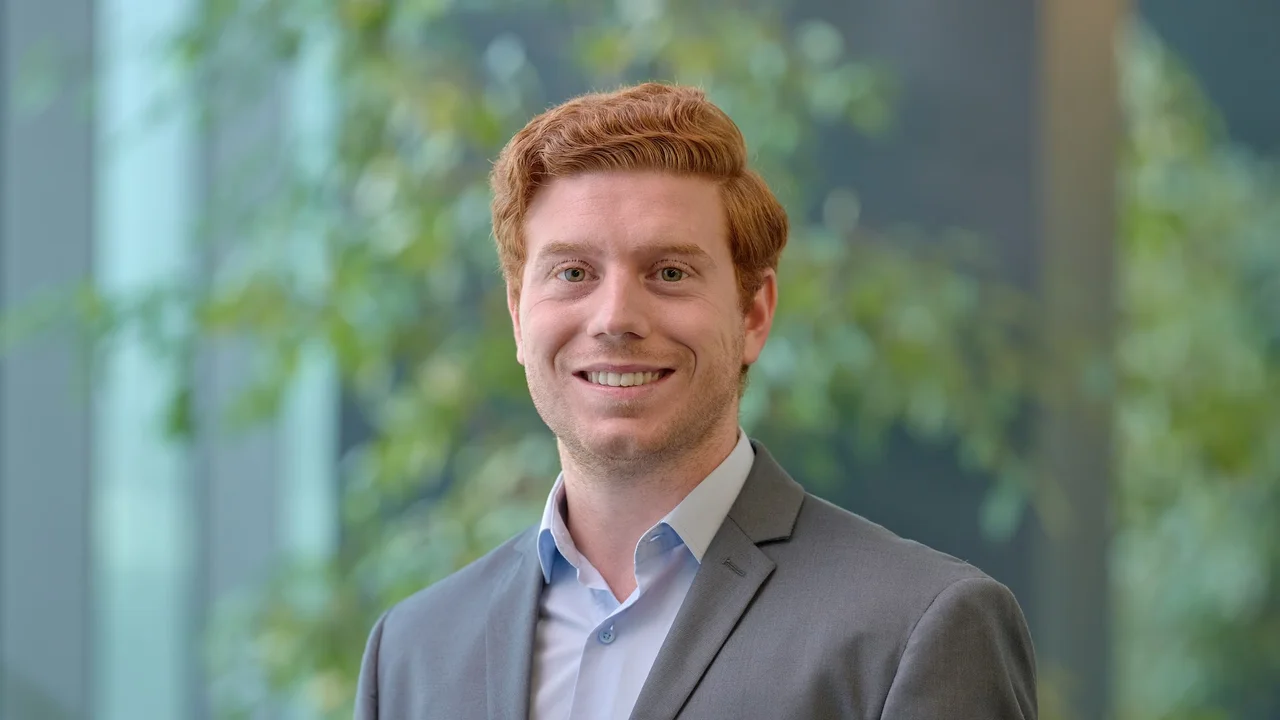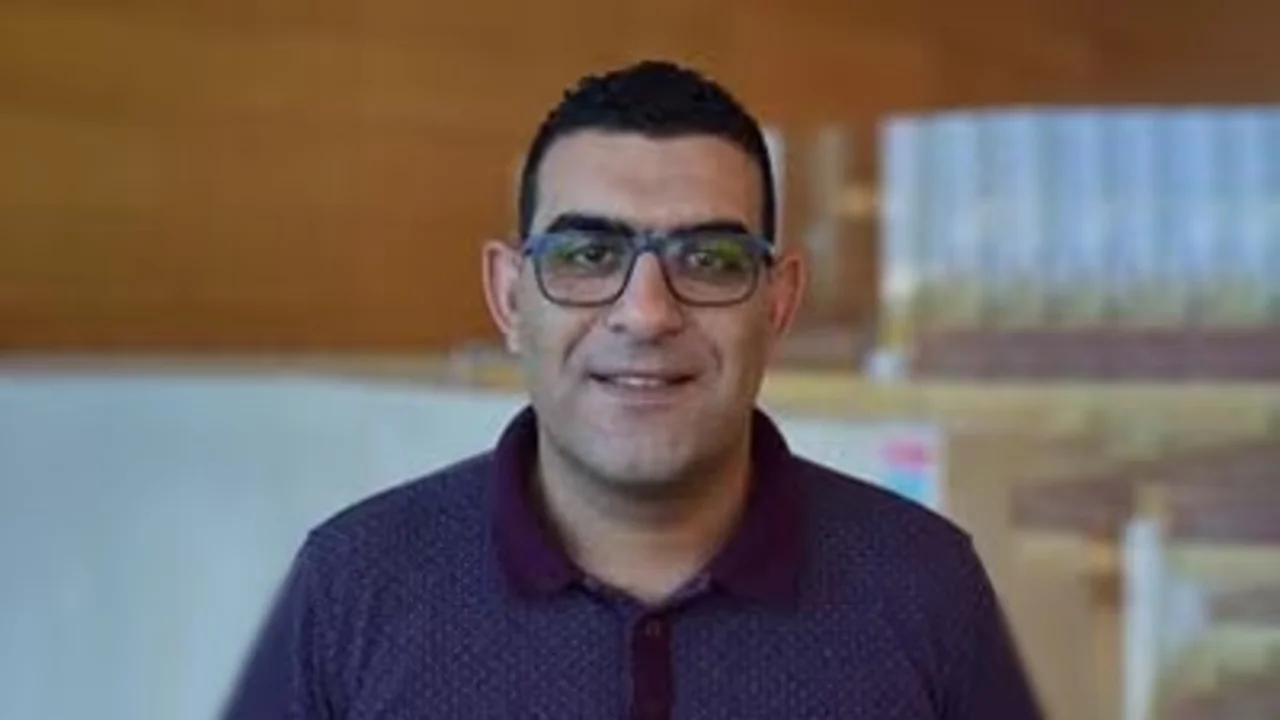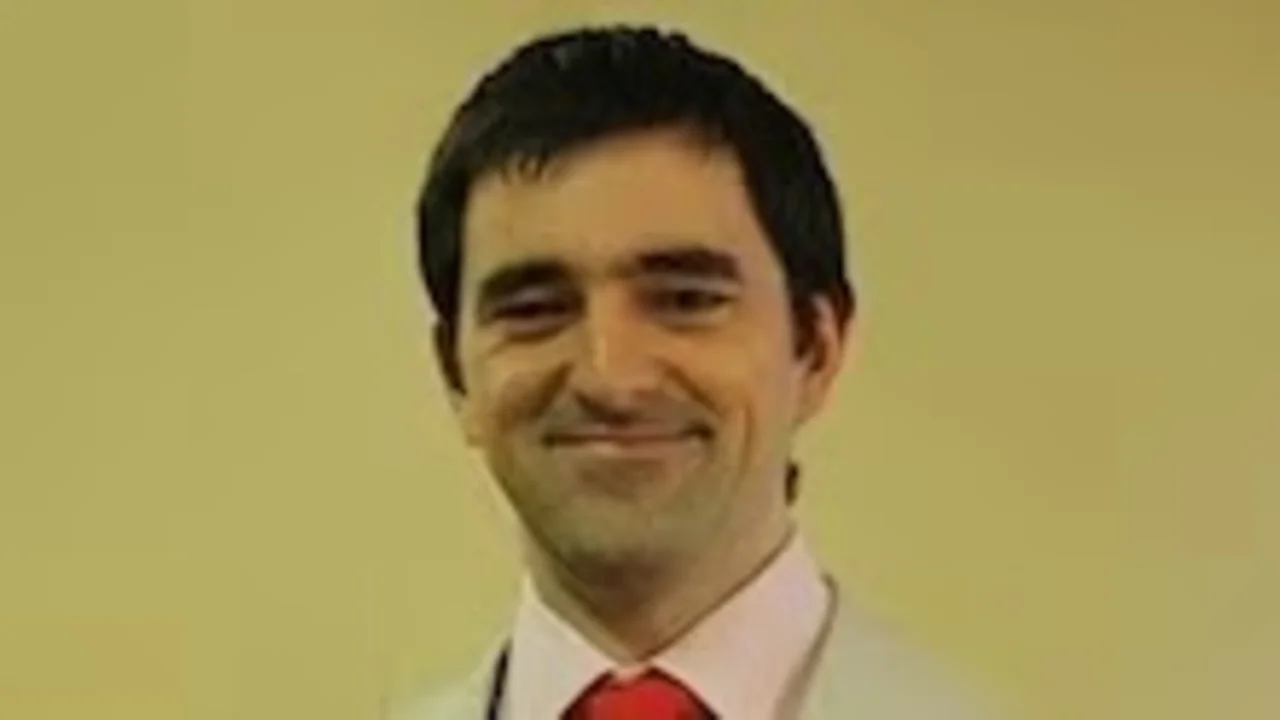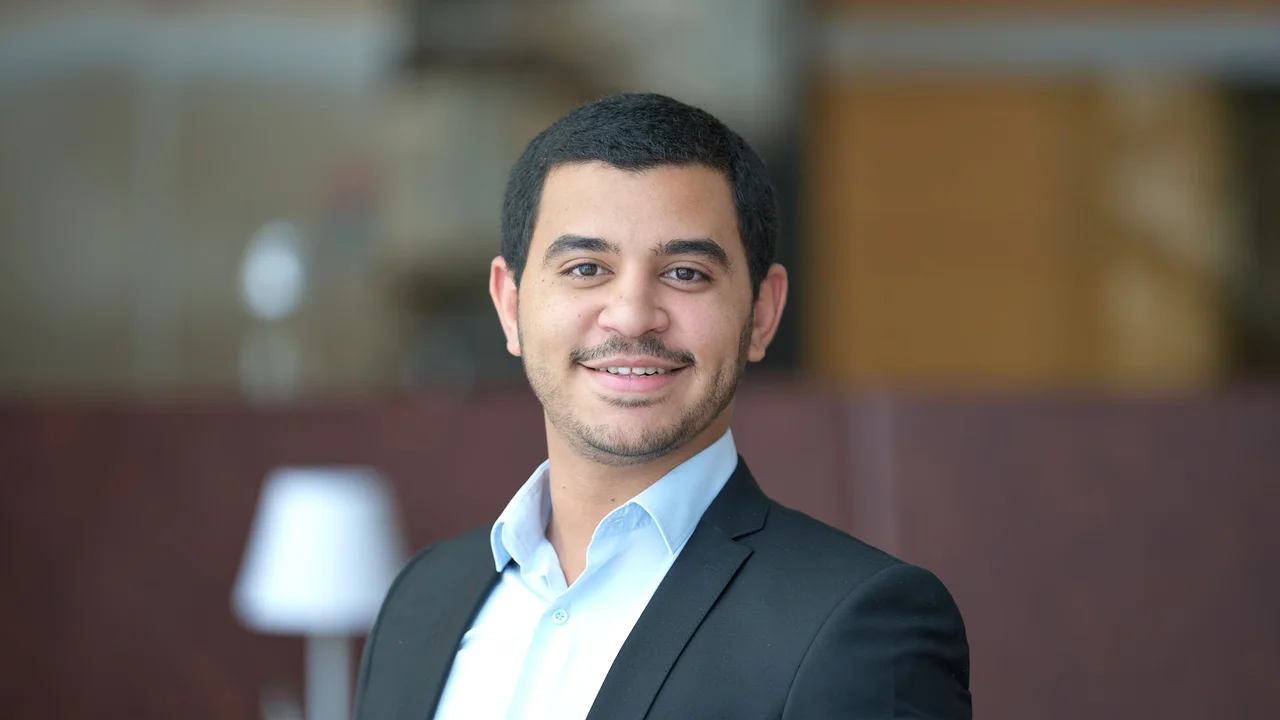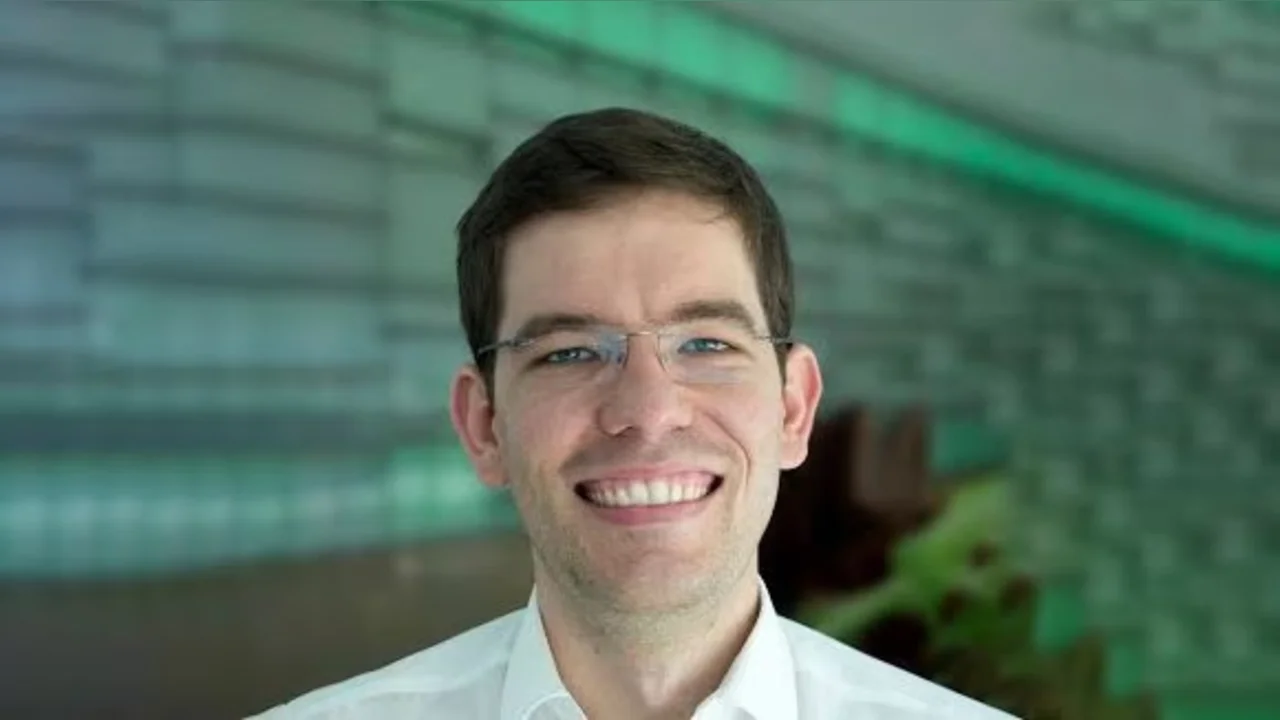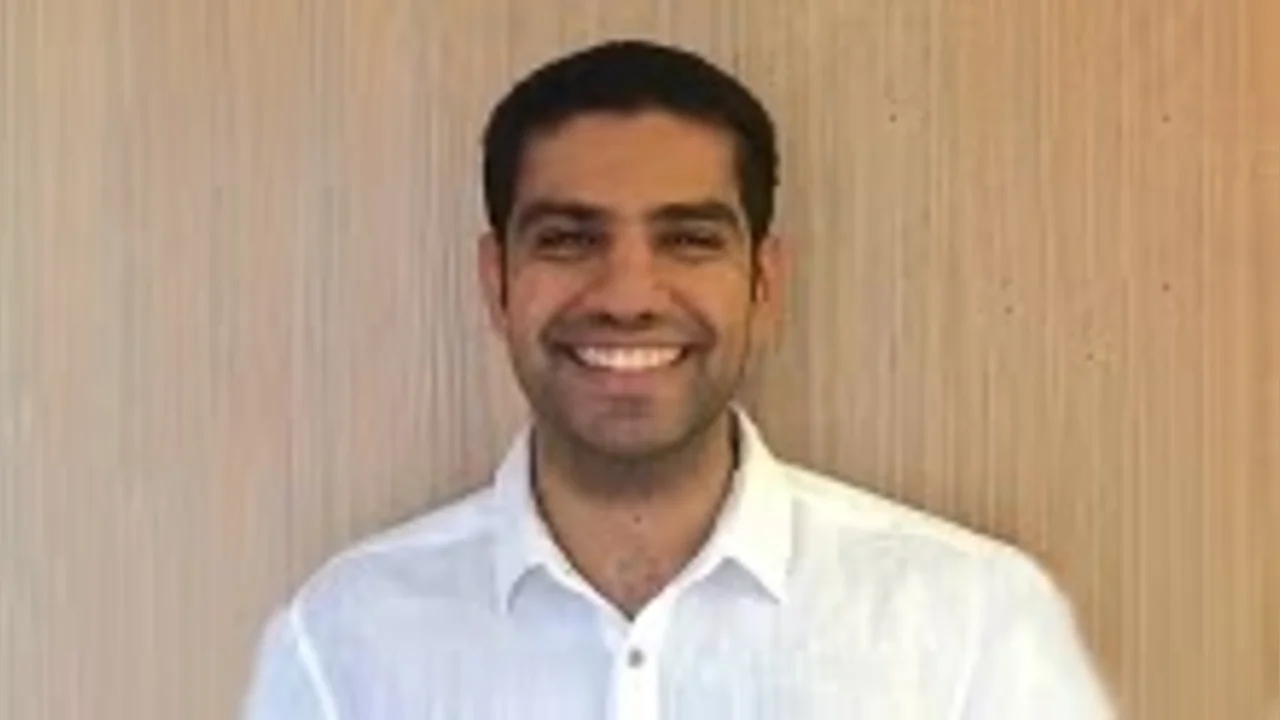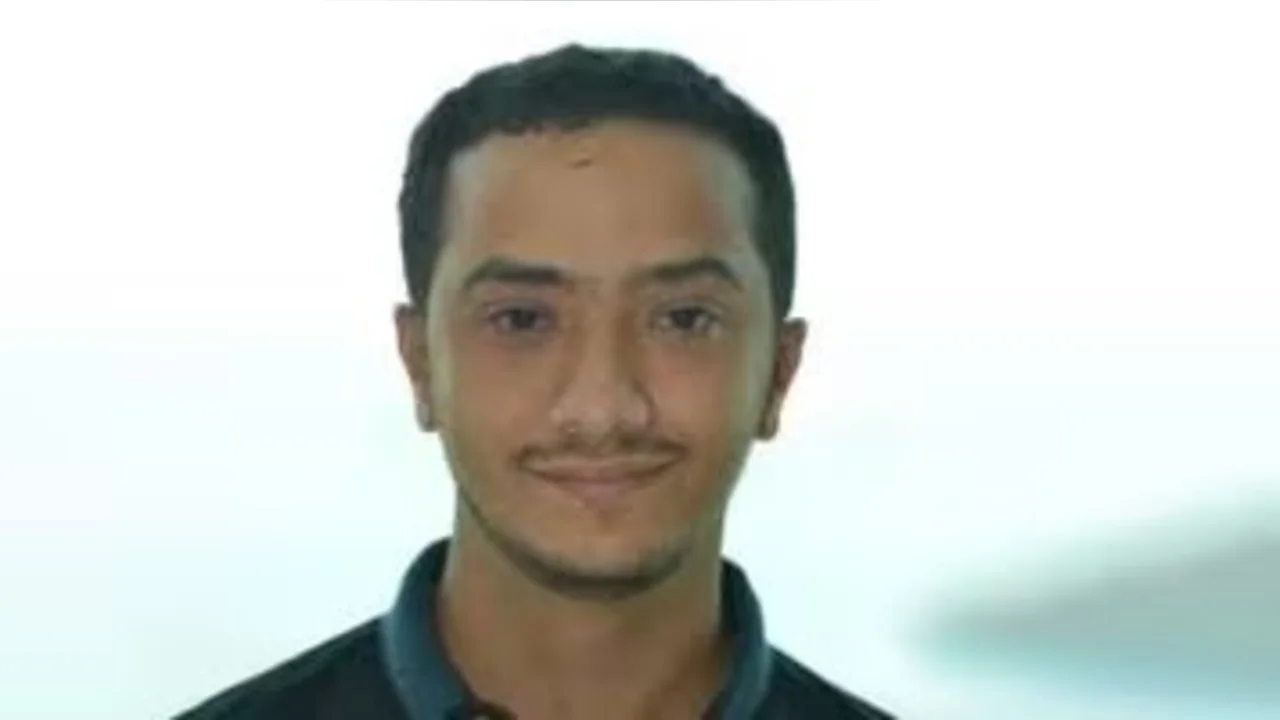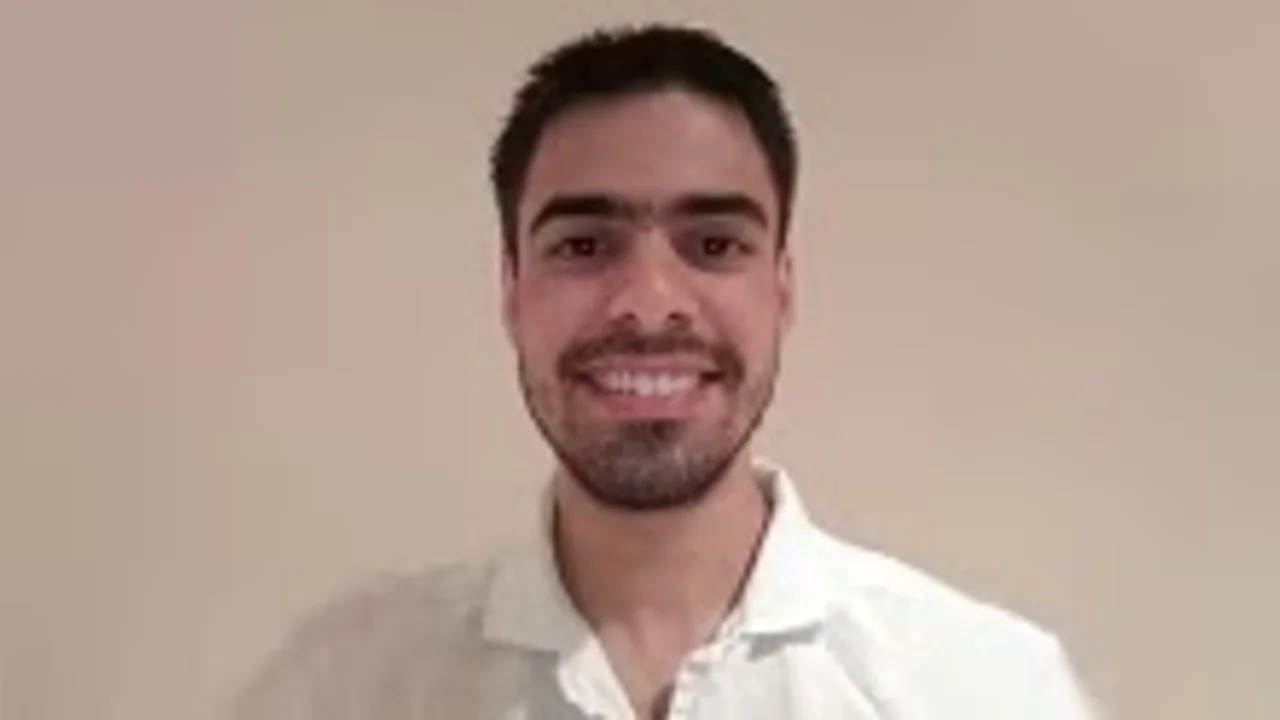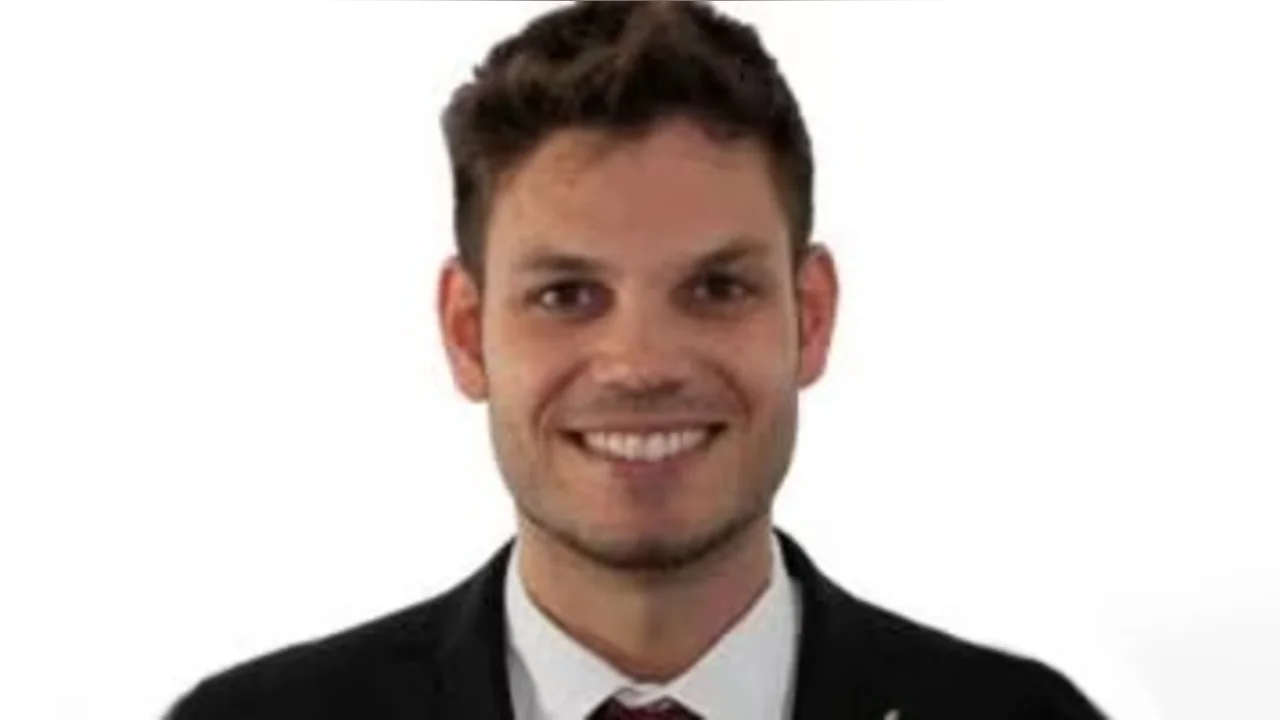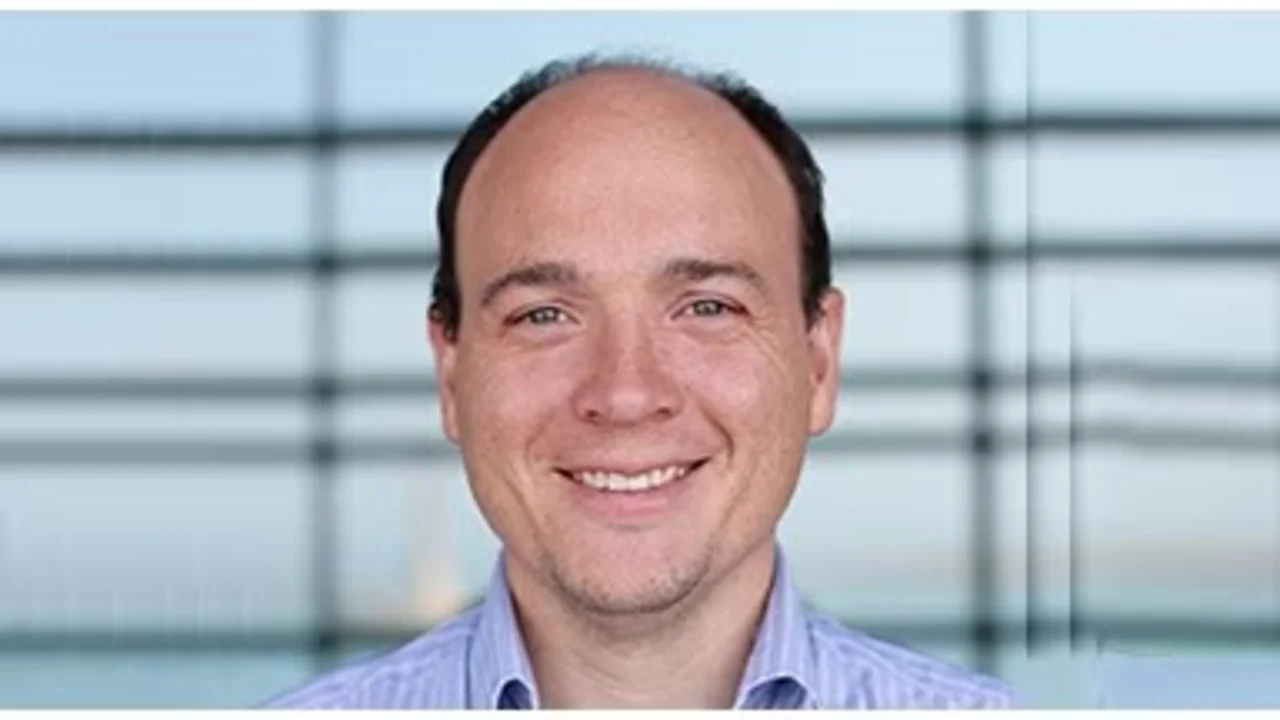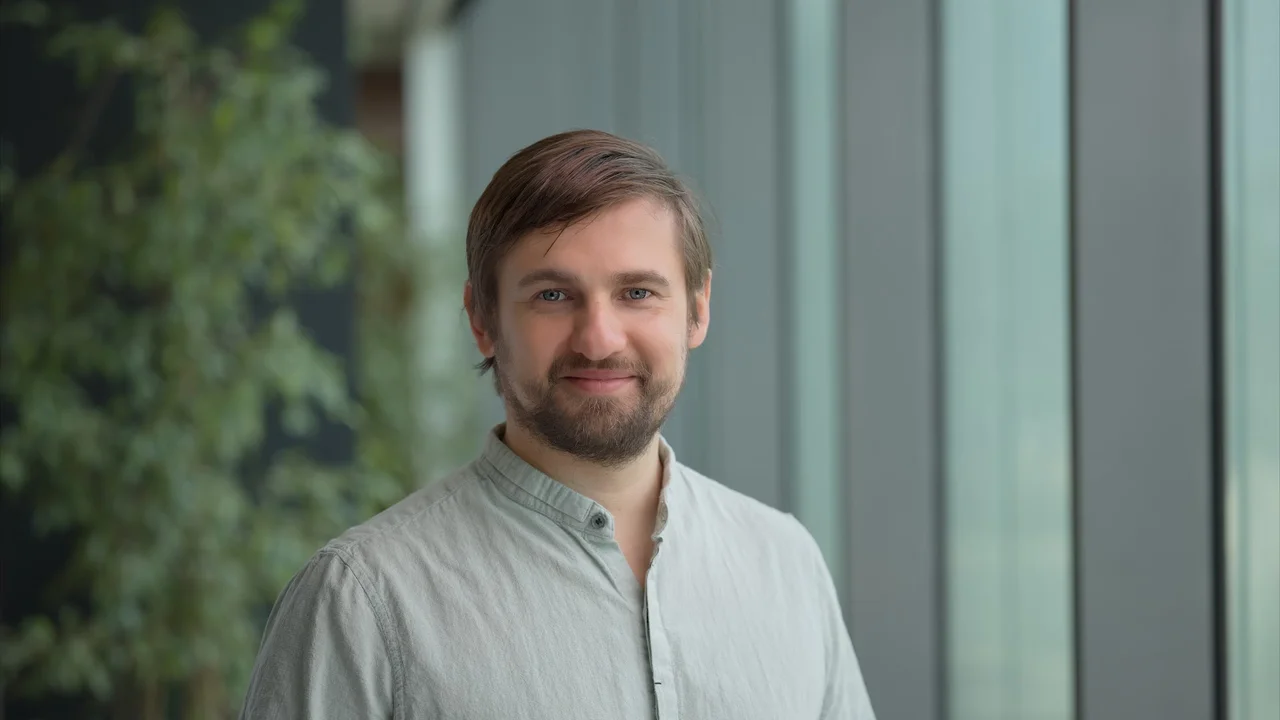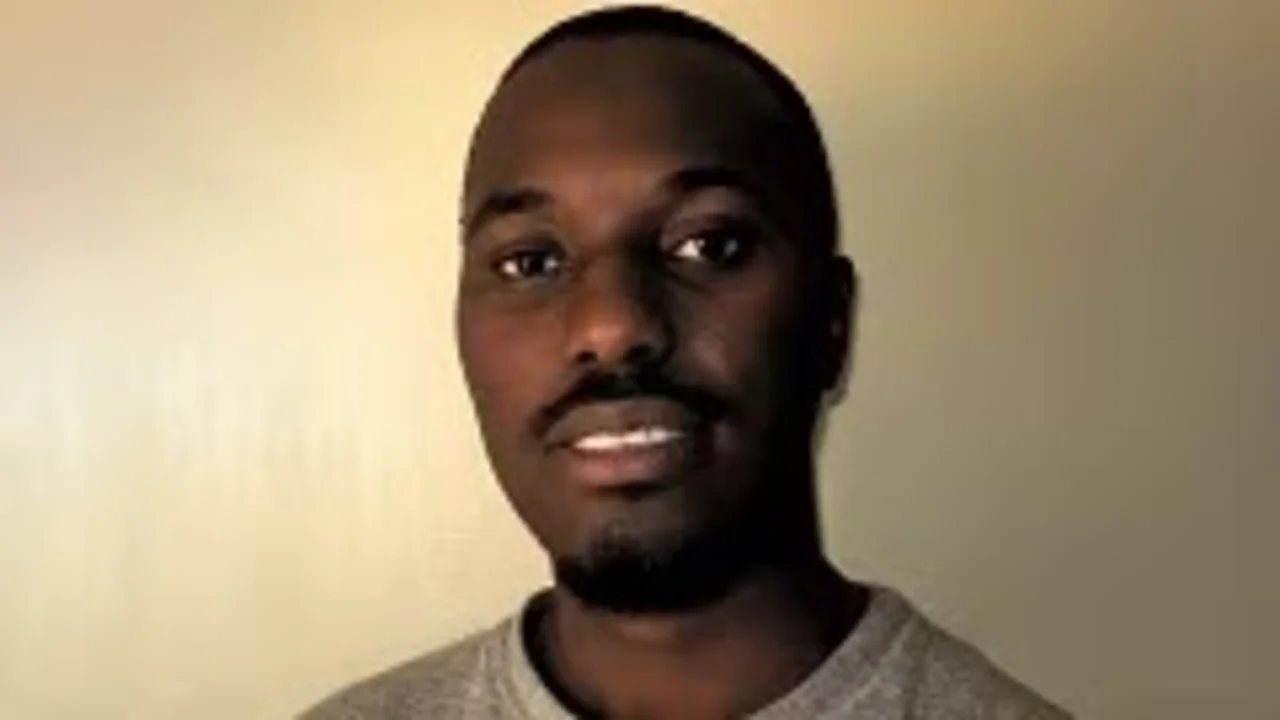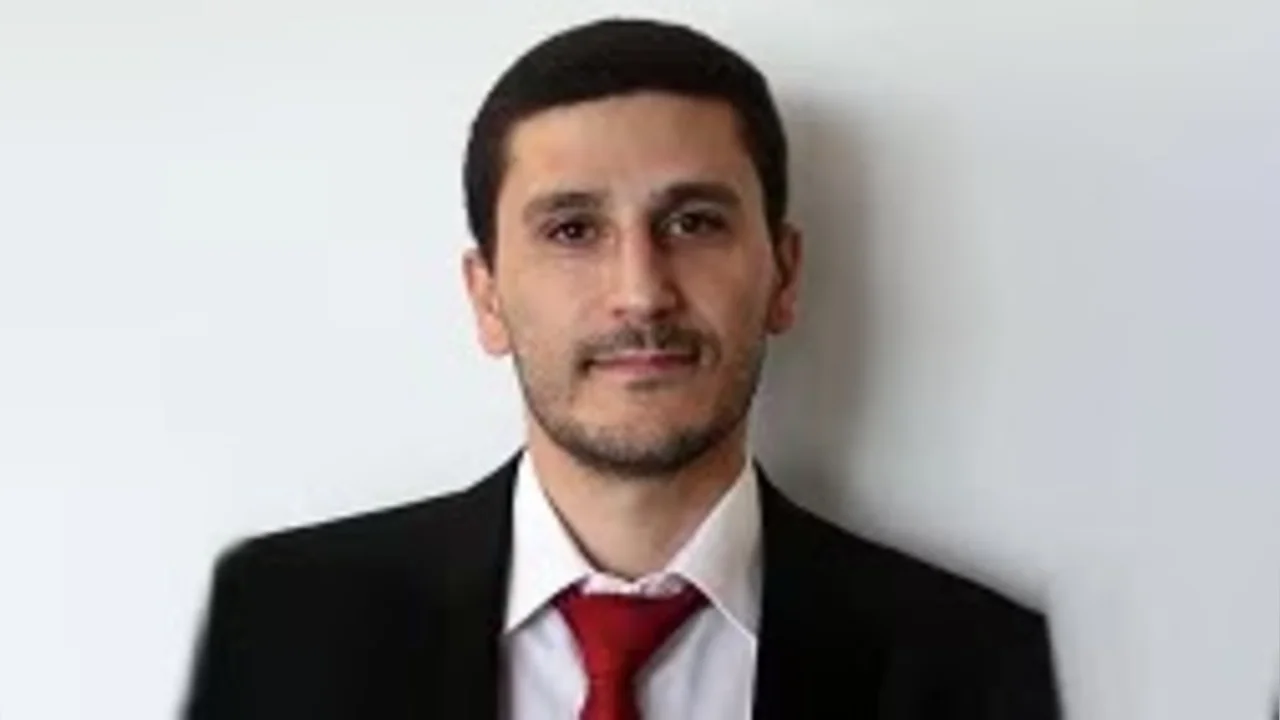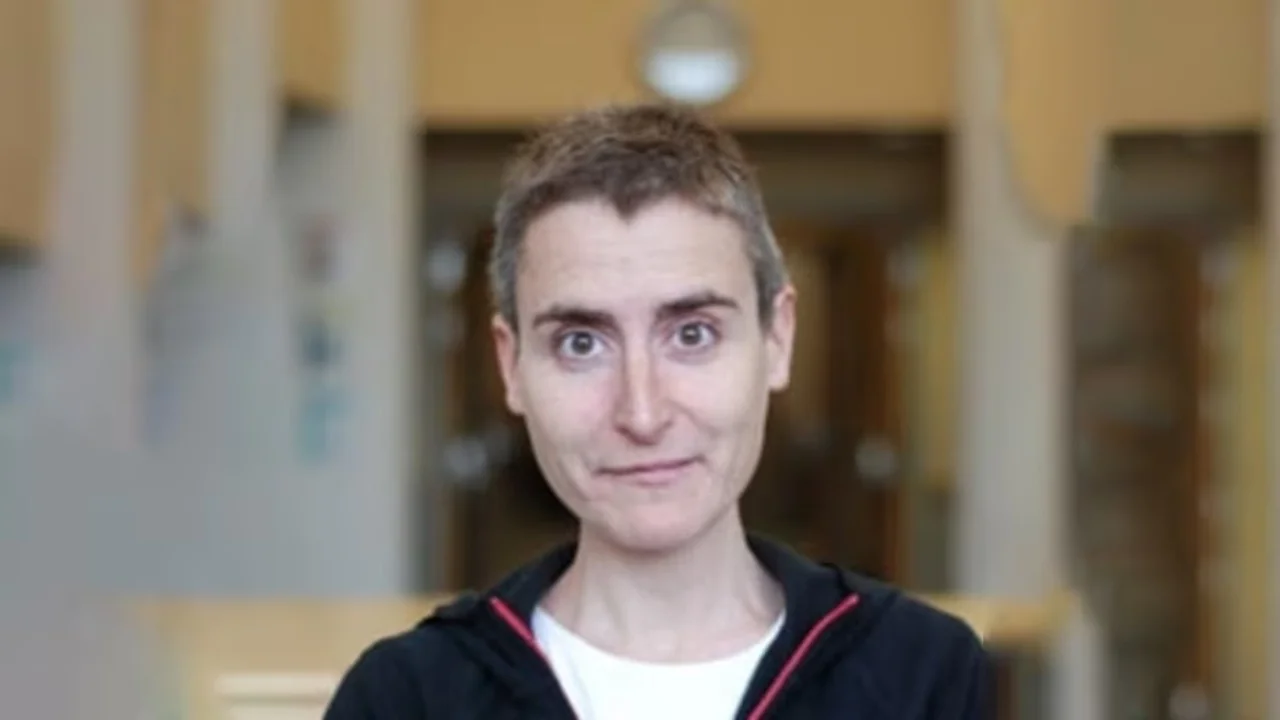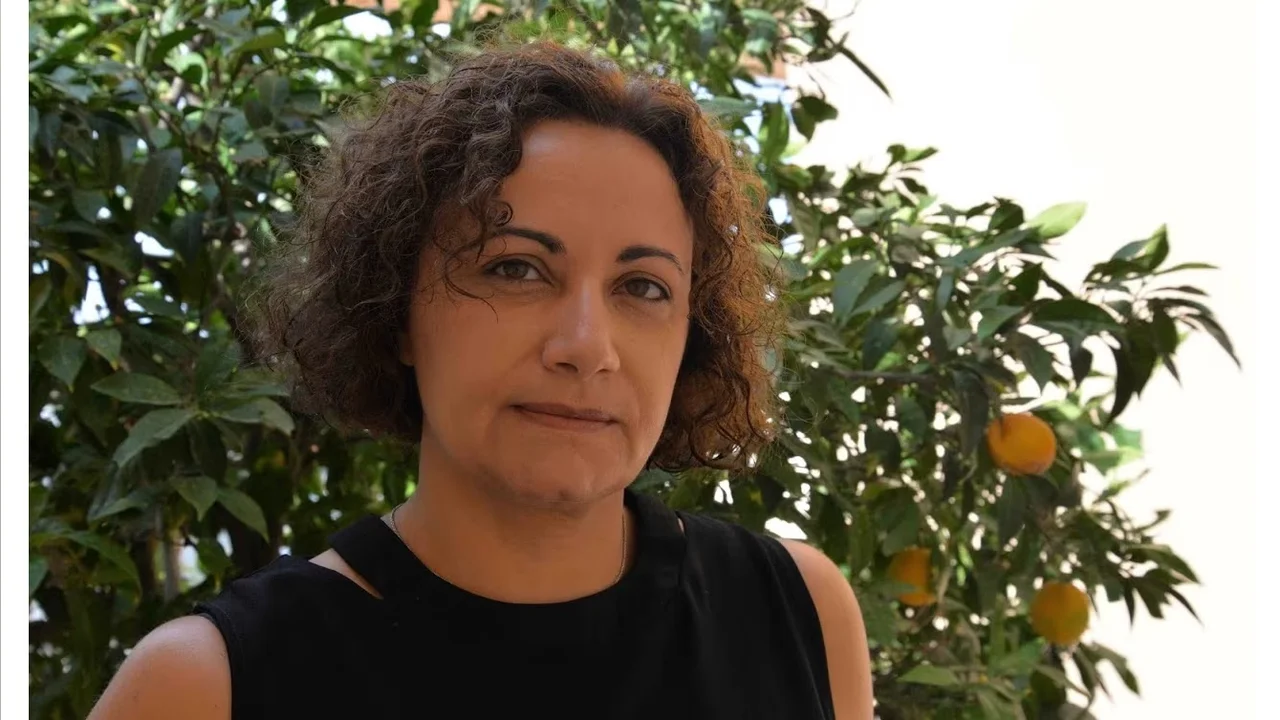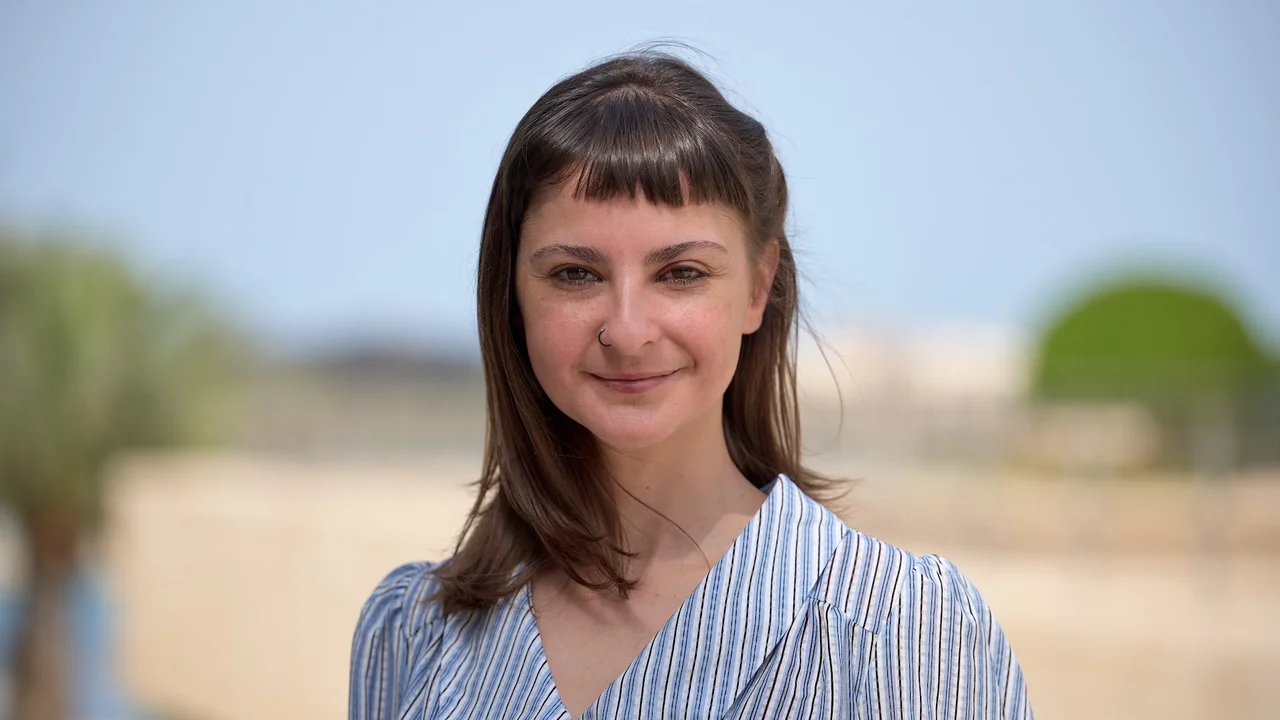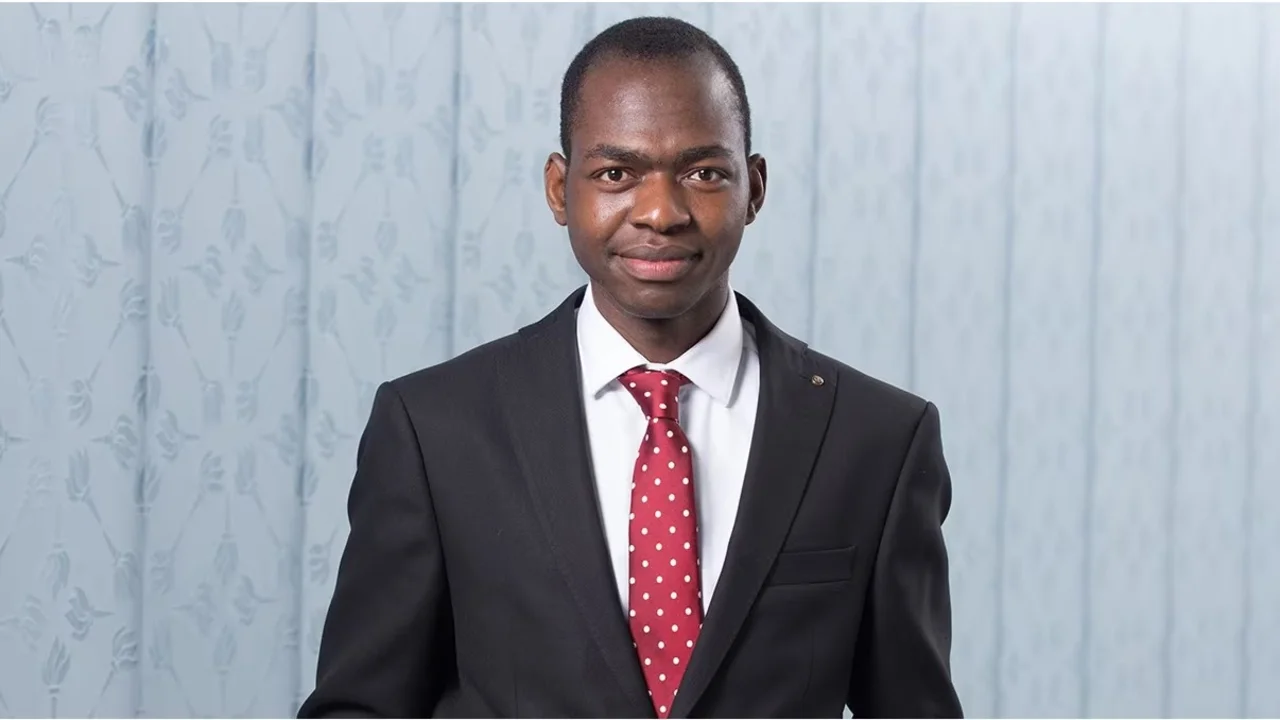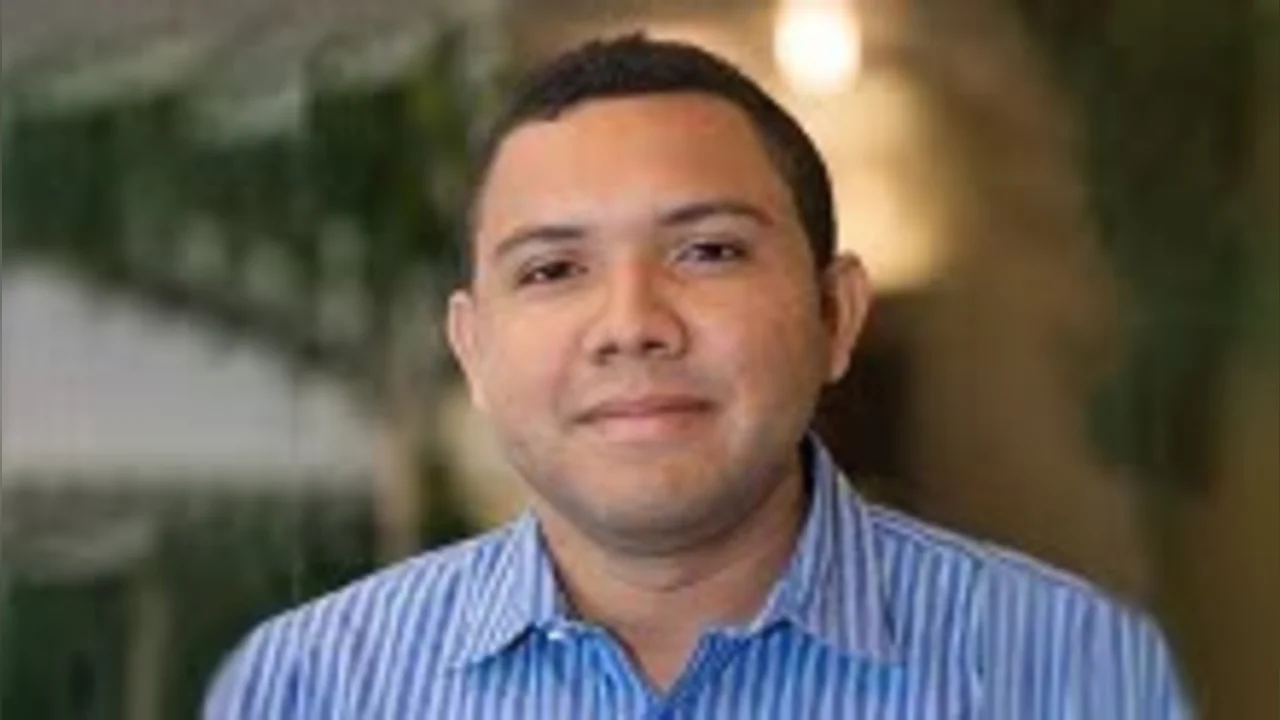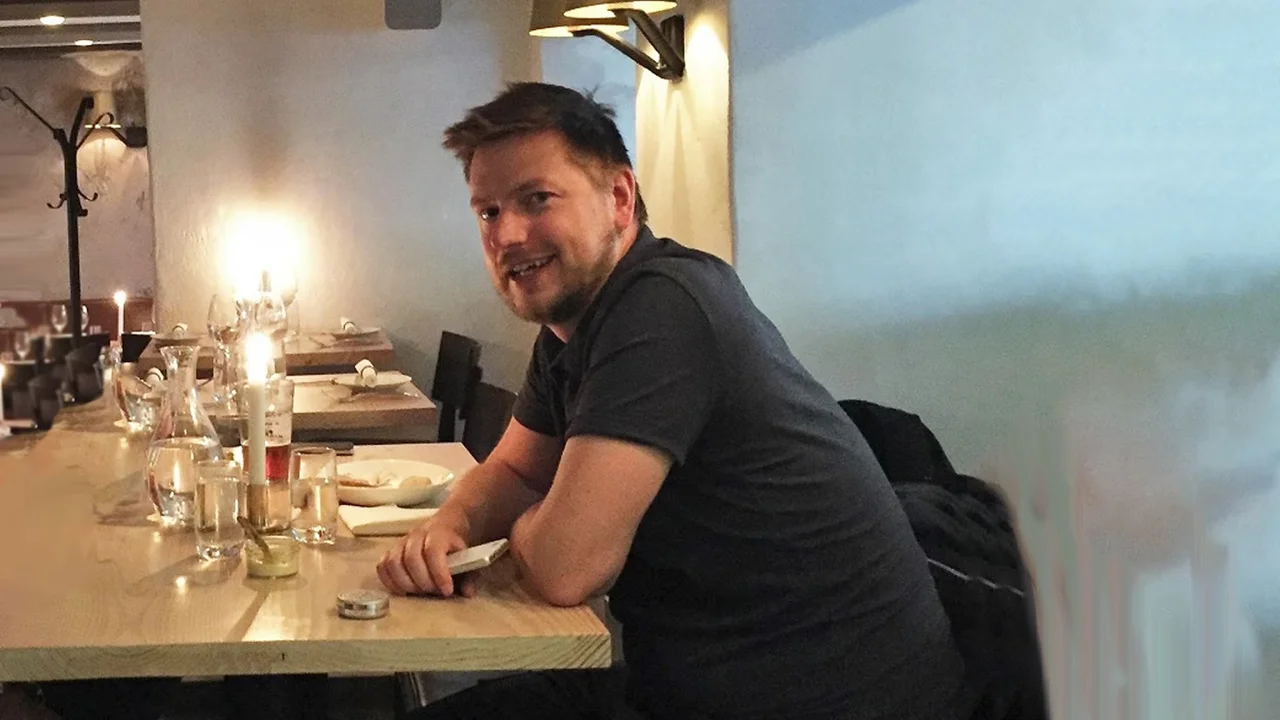Biography
Professor Tempone received his Ph.D. in numerical analysis in 2002 from the Royal Institute of Technology, Sweden. The next phase of his career took him to the United States, where he completed his postdoc at the University of Texas Institute for Computational and Engineering Sciences (ICES), before joining Florida State University as an assistant professor of mathematics.
Tempone joined KAUST in 2009 as a founding faculty member, as an associate professor of applied mathematics, and became a full professor in 2015. He is also principal investigator of the Stochastics Numerics Research Group.
A variety of fields, such as computational mechanics, quantitative finance, biological and chemical modeling, and wireless communications, are driving his research. More specifically, his research contributions include a posteriori error approximation and related adaptive algorithms for numerical solutions to deterministic and stochastic differential equations. His honors include the German Alexander von Humboldt Professorship (2018–2025), the first Dahlquist Fellowship in Sweden (2007–2008), and being elected program director of the SIAM Uncertainty Quantification Activity Group (2013–2014).
Research Interests
Tempone's expertise and research interests lie at the intersection of applied mathematics, computational science, and stochastic analysis, with a strong focus on developing and analyzing numerical methods for stochastic and deterministic problems. His work emphasizes adaptive algorithms and hierarchical and sparse approximation, Bayesian inverse problems and data assimilation, optimal experimental design, scientific machine learning, stochastic optimization, optimal control, and uncertainty quantification, aiming to push the boundaries of computational efficiency and accuracy in simulations.
At the helm of the Stochastic Numerics Research Group at KAUST, Tempone is particularly interested in the development and analysis of numerical methods to advance applications spanning computational mechanics, quantitative finance, renewable energy sources management, biological and chemical modeling, and wireless communications.
His approach is theoretical and highly applicable, addressing real-world problems across various domains while grounded in solid foundations of mathematical and computational techniques. His work is instrumental for those interested in the practical application of mathematics to solve complex, real-world issues, making his research group an ideal place for potential collaborators, postgraduate students, postdocs, and research scientists looking for cutting-edge projects at the nexus of uncertainty quantification and computational science.
